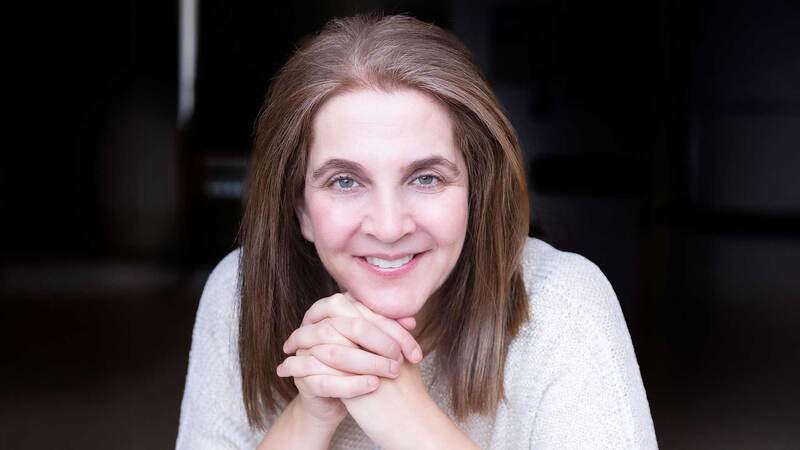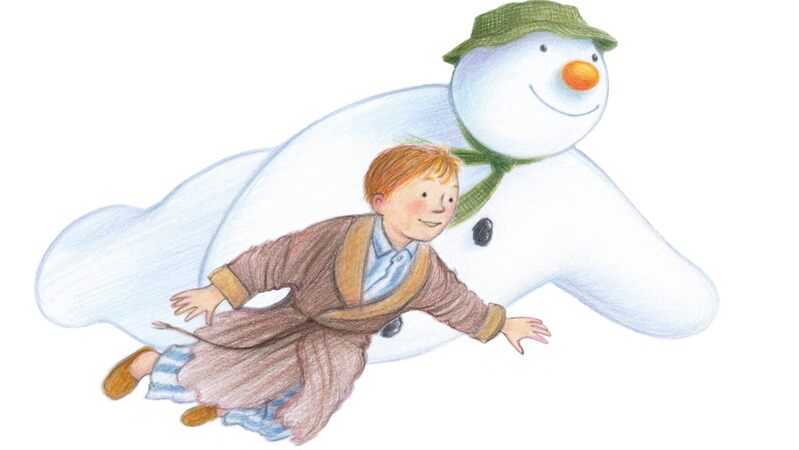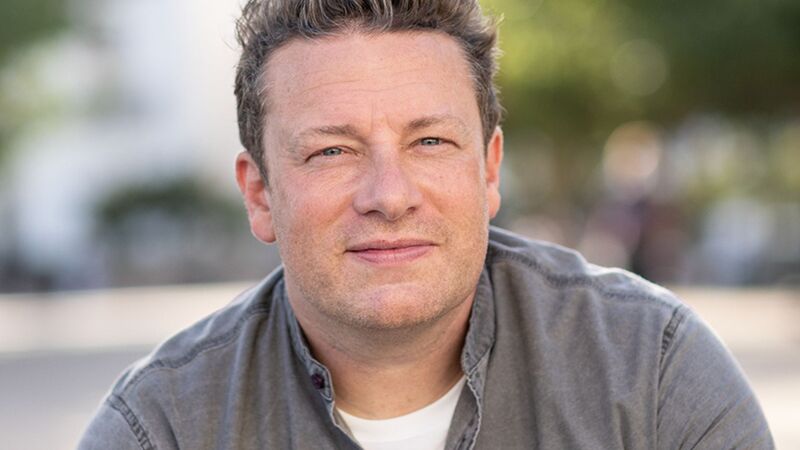You are viewing your 1 free article this month. Login to read more articles.
Lawless defends Staunch Prize in row over 'fictional stereotypes' of rapists
Staunch Prize founder Bridget Lawless has defended the prize following criticism from authors after the award's website claimed that "fictional stereotypes" of attackers in rape cases could affect justice.
Now in its second year, the £1,000 award, launched by screenwriter Lawless, has sparked controversy for discussing how jurors can be “reluctant to convict ‘ordinary’ men accused of rape, as they don’t fit the idea of a rapist they’ve internalised through the stories and images they’ve received through popular culture”..
“A growing body of research (including the groundbreaking work by Staunch judge Dominic Willmott) finds that ‘rape myth’ beliefs feed into bias which results in jurors being reluctant to convict ‘ordinary’ men accused of rape as they don’t fit the idea of a rapist they’ve internalised through the stories and images they’ve received through popular culture. Fictional stereotypes of night stalkers, dark-alley attackers, serial killers and menacing strangers are dangerously misleading when 90% of rapists are known to the victim and the majority of women murdered knew their killer,” the website reads. “That this can so seriously affect justice for women is alarming, to say the least, and must be addressed. For these reasons, and because we love great writing, we invite thriller writers to bring us strong stories that don’t resort to the same old cliches.”
Thriller author Angela Clarke told The Bookseller: "Though I think the Staunch Prize was founded with good intentions, I feel the organisers haven’t read many, if any, crime novels written in the last 10 years. I just don’t recognise the accusations they’re levelling. How can you read He Said/She Said by Erin Kelly, Anatomy of a Scandal by Sarah Vaughan, or The Guilty Party by Mel McGrath, to name but a few, and think that crime writers aren’t exploring the very real problem of serious sexual assault and violence against women in a socially conscious, nuanced, and mobilising way?"
She added: "I identify as a feminist author, and yes my latest novel On My Life is a crime thriller, but it also shines a light on the plight of pregnant women and new mothers in the UK prison system. Many readers have responded with shock and condemnation to what they’ve learned about our prisons, when reading it. But by the Staunch Prize aims, that story would never have been told. Though the original intentions may have been good, it now feels like this prize and their repeated vocal attacks on the crime writing community are yet another way to silence women and not let them talk about the things we suffer and face. It feels like censorship."
Author Steve Mosby told the Guardian that these comments were “not only offensive, but backwards and wrong-headed”.
She said: “Many crime writers explore this kind of material because they believe it’s important not to brush it under the carpet – and they do so carefully and with sensitivity, compassion and insight. The message given out by the organisers of the Staunch prize suggests they haven’t read very much of the genre at all,” said Mosby.
Meanwhile Marnie Rome crime series author Sarah Hilary, called the Staunch award “not a prize so much as a gagging order”.
She told the Guardian: “Violence against women takes many forms, perhaps the most insidious of which is censorship. We’re discouraged from going to the police in case we’re not believed, taught to expect resistance to our version of events, silenced by shame or fear,” she said. “This prize reinforces all those negative messages, and ignores the very real good that crime fiction can do by reflecting the violent reality of many women’s lives.”
Lawless told The Bookseller: "The Staunch Book Prize is thriving. In the week before close for entries for our second year, it's strange to find a sudden backlash to the prize making the usual misinformed claims. But, as last year, we have a wonderful batch of entries for thrillers in which no woman is beaten, stalked, sexually exploited, raped or murdered.
"Sometimes I find the criticism of Staunch a little hard to take seriously. One critic said 'what do they expect women to do - sit at home and knit?' (implying, I presume, that women should sit passively and not think). By what stretch is that the likely aim of a prize that rewards thrillers that don't feature violence to women? It's interesting though, that a number of writers have told me that the existence of Staunch has caused them to look at their writing with new eyes, and made them think more critically about what they're writing, which they find positive. That's very different from Staunch dictating what anyone should write. Or the ridiculous idea that it's a 'gagging order'."
Lawless denied the claims of censorship. "Despite what we're always accused of, we aren't telling anyone what to write or not write," she said. "There's no censorship that we could impose even if we wanted to, which we don't. We simply launched a prize to draw attention to the proliferation of violence towards women in fiction and to make room for alternatives."
She added: "As regards the research about rape myths and juror bias, it's the work of highly dedicated academics and campaigners highlighting current issues in justice to women." Lawless cited a YouGov survey for the charity End Violence Against Women, published last year. "I'd recommend everyone one - not only crime writers - read up about it. It's informative, revealing and alarming, and also a fertile field for crime stories where justice might be in question. If you think violence towards women, followed up by injustice from the courts is a bad thing, I hate to say it, but we're on the same side."
Lawless is joined as a judge for the prize by Dominic Wilmott, is the author of research around perceptions or rape in the justice system, along with crossbench peer Baroness Young, who is committed to the arts, culture and social justice, and Elaine Richard, a New York-based literary editor who has previously worked for Little, Brown in the US and Gourmet magazine.
The award for a thriller in which no woman is beaten, stalked, sexually exploited, raped or murdered was also at the centre of a row last year. The prize was widely criticised on launch in 2018 by writers including Val McDermid and Sophie Hannah, described by some as an attempt to "censor" crime writing, however other authors such as Nell Stevens, came to its defence.















